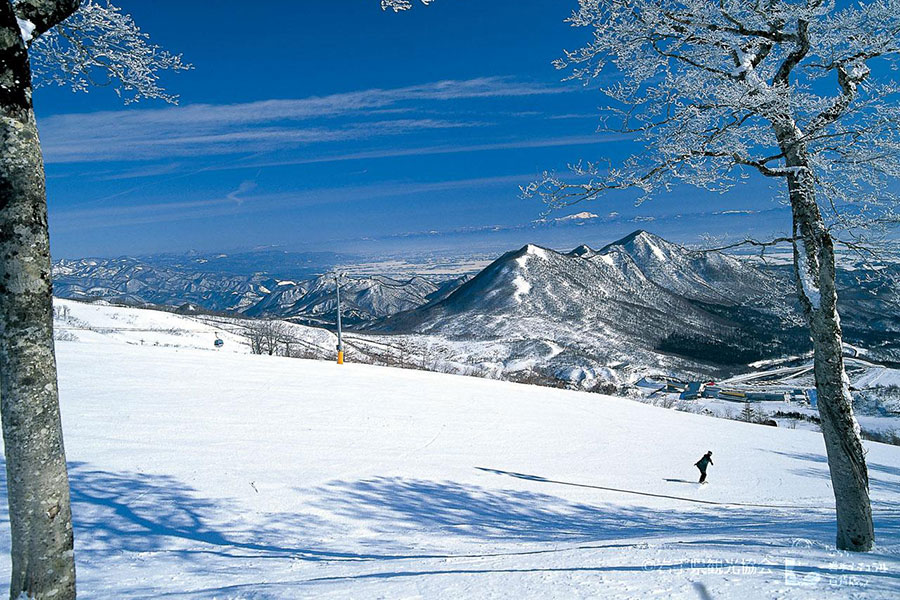Welcome to Vol.1 of the ‘Yamaha Music Teacher Interview Relay’.
Over four issues, we will publish interviews of some of the teachers in the newlyopened Yamaha Music School in Carnegie. In these interviews, the teachers discuss their passion for music – both in teaching and in their own lives.
-Please tell us about your experiences before becoming a Yamaha teacher and how you came to be a Yamaha teacher.
I was a Yamaha student when I was young. My mother gave me strong support in my music education, both in classes and at home, which left me with wonderful memories of class time.
I grew up having music as part of my life. I studied music at university, where I explored different aspects of music through audio engineering and as a performer. For a time I travelled, but when I came back I realised how much I wanted to make music a part of my life again.
I wanted to be a part of children’s first experience with music and to nurture their love for music, which brought me to where I am now.
-How do you nurture that love of music, and how it fostered by the group environment? Is the experience the same for every child?
Yamaha lessons are always fun. We have a diverse range of activities. These include singing, playing piano, playing keyboard-games, working on theory, moving to music and exploring many other ways to enjoy music. The group environment gives children a chance to grow in each of these areas at their own pace. They may do well in one aspect but need more time and help to master another. For example, their singing may be very good, but they may need help in developing their playing skills. The group environment is a positive and encouraging place where they have the time and motivation to excel.


-How do the children learn from each other?
The children have many opportunities to perform and answer questions in class. They listen to each other, perform for each other and motivate each other. They learn not only from the teacher, but from their classmates as well.
-What skills do the children acquire through your music course over 2 years?
In the Junior Music Course, they learn to play songs with both hands together, sing in tune with their friends, recognise the sound of many different orchestral instruments and recognise the notes of the songs they have played. This sets a good foundation for their literacy skills. I also believe that teaching music through imitation and repetition brings a strong sense of familiarity with the music.
However this is only one aspect of our music education at Yamaha.
I believe that children also develop a wide range of life skills through their music lessons. For example, they gain discipline, self discovery, organisational skills and patience.


-What gives you the passion and enthusiasm to teach each week?
It is rewarding to be able to watch children grow and develop confidence and to see them learn to express themselves musically. Whether it’s through singing, playing, performing, or even if it’s just playing with their friends, I get to see each step they take in their discovery of music and development of their skills. It’s a wonderful experience for me to witness and to be part of their learning.
-Would you like to give a message to the kids?
Give it a go!
It’s fun and enjoyable.
—————————————————————————————————————————-
And now, could you quickly introduce Julian please.
Julian is one of my colleagues at the Carnegie School who teaches guitar.
He teaches all ages, from kids to adults, and has gained a lot of respect from his students.
He has been performing as a professional musician since he was in his teens and continues to perform while he teaches.




